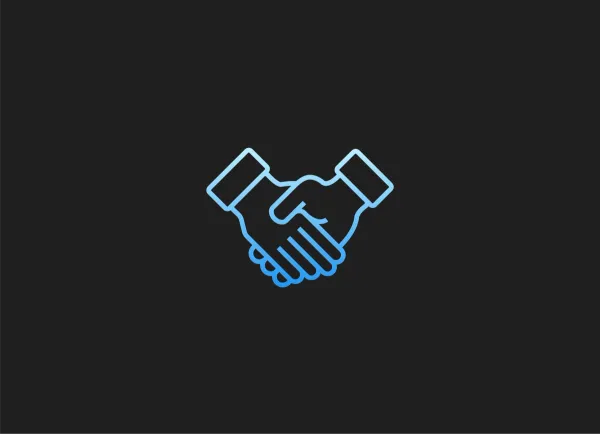As a founder, landing your first meeting with an investor is an exciting experience. You’ve got your deck together and a talk track ready to go. You’re ready to walk in, paint your picture, and walk out with plans for your next meeting. However, we often see pitches can go off the rails and it can be easy to lose control of the conversation. But the first conversation should be most valuable for you as a founder.
The average VC + Founder relationship is 8-10 years so it is important to make sure that you’re building a relationship with the right people. As Elizabeth Yin, Founder of the Hustle Fund, puts it, “an experienced fundraiser knows that the goal in going into your first fundraising meeting is to ask lots of questions and walk away understanding what next steps make sense.”
While it can be intimidating questioning an investor, the following questions should help you start your own due diligence and tailor your pitch for future meetings.
How old is the fund?
It is important to understand where a fund is at in its lifecycle. In general, a fund lifecycle is 10-12 years. After the 10-12 years a VC fund is expected to return capital to its investors (limited partners). If a fund is getting older, they may feel more pressure to generate quick returns to please their limited partners. This pressure could be passed down to you and could force you into an early exit.
If a fund is younger, they are likely ready to deploy capital and will have additional capital set aside for your future rounds.
How is the rest of the portfolio performing?
Remember that VC funds have pressure to generate returns for their LPs. Say a fund has raised $100M and owns 10% of each investment on average. Their LPs are likely expecting a minimum of a 5x return which means the portfolio would need a cumulative exit value of roughly $5B ($5B x 10% = $500M). So what does this mean?
If you are the single shining star in the portfolio, there could be a misalignment of incentives. You could have the ability to exit for a life-changing outcome but your investors need a larger exit so they could block the sale. On the flip side, you could get pressured into an early exit. If the rest of the fund is performing well, you may have more slack and be able to take your time as the rest of the fund can generate substantial returns as well.
Related Reading: Understanding Power Law Curves to Better Your Chances of Raising Venture Capital
Who are your investors?
Understanding where your potential investors’ capital is coming from will help you understand their behavior. VCs raise capital from Limited Partners (LPs). Generally, LPs are institutional investors like university endowments, foundations, pension funds, insurance companies, family offices, sovereign wealth funds, etc.
A firm usually keeps the names of their LPs under wraps but this can be a sign of their openness and transparency (remember… 8-10 years, you want to build this relationship on trust).
What happens if you lose all of the capital you invest?
Everyone is generally aware that a VC investment is very risky. Your potential investors should understand that there is a chance they’ll lose all of their investment but press on this issue. As Jason Lemkin simply states, “If they look too nervous, find another.”
Can you help us with our next round?
Outside of having their own additional capital to invest in your next round you’ll also want to understand how a firm can help you with other investors. Try to understand what companies they have helped make introductions for and what % of their portfolio has gone on to raise future capital. Don’t be afraid to do your own digging and reach out to founders of companies in the portfolio to understand how the firm helped throughout their fundraising process.
While they are hundreds of questions you could ask a potential investor we have found that the 5 above will help understand their behavior and decision-making process. Once you have these answers, it will be easy to go back to the drawing board and (1) decide if you’re ready to enter an 8-10 year relationship and (2) tailor your pitch for future meetings.




